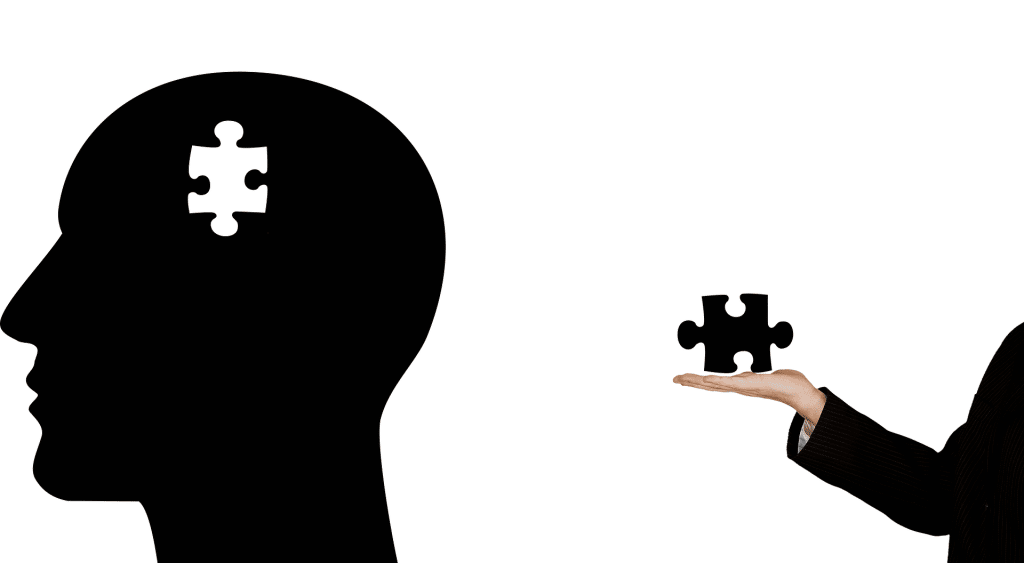Do you find yourself struggling to come up with topics of conversation when you’re in therapy? Don’t worry; you’re not alone. Many people don’t know what to talk about during their sessions. However, with a little bit of guidance, you can overcome this obstacle and make the most of your therapy sessions.
In this post, we’ll provide some tips on how to generate discussion topics for therapy. We’ll also offer some suggestions on how to use these topics to improve your mental health. Keep reading for more information!
Learn in This Article
- What to Expect from Therapy
- What to Talk About in Therapy
- Why Did You Start Therapy
- Feelings About Therapy
- Relationship Issues
- Sexuality
- Career and Money
- Grief
- Life Changes and Challenges
- Traumatic or Stressful Events
- Coping Strategies
- Childhood Memories
- Abuse and Neglect
- Goals and Values
- Personal Strengths and Weaknesses
- Fears and Hopes About the Future
- Talk Through the Small and Shameful Things
- What to Talk About When Things Are Going Well
- Is Therapy Working Out for You
What to Expect from Therapy
Therapy can be a valuable experience for anyone seeking to improve their mental health. However, it’s important to understand what therapy entails before beginning treatment.
The first step in therapy is to identify the goals you hope to achieve. Do you want to learn to manage your anxiety? Are you struggling with using healthy coping mechanisms? Once you have a clear idea of your objectives, you can start working with your therapist to develop a treatment plan. Generally, therapy involves weekly sessions during which you talk about your thoughts and feelings. Your counselor may also assign homework, such as journaling or practicing relaxation techniques.
Keep in mind that, however, therapy isn’t effective without active participation. Be honest with your therapist about how you feel and openly share your thoughts.

What to Talk About in Therapy
Now that you understand what therapy is and what to expect, you may be wondering what topics of conversation are appropriate.
In general, anything that is causing you distress or impacting your mental health can be discussed. Here are some common things to work on in therapy.
Why Did You Start Therapy?
Opening up to a stranger can put a lot of pressure on many people. If you don’t know what to talk about in the first therapy session, you can break the ice by telling the therapist why you started the journey.
Besides helping you open up, your therapist will gain insight into what areas of your life need the most attention.
Feelings About Therapy
Before or after proceeding with your session, your therapist will want to know how you feel about therapy. If you have any triggers or feel uncomfortable talking about specific topics, let them know.
However, don’t only stress the negative aspects of therapy. If you’re making any progress towards your goal, your counselor must be aware of that.
Relationship Issues
One of the most common therapy topics involves relationship problems. Whether you’re struggling with communication, conflict resolution, feelings of jealousy, or trust issues, your therapist can help you develop the skills you need to improve your relationships.
Sexuality
If you’re struggling with your sexual orientation or gender identity, therapy can be a safe place to explore these issues. In addition to that, therapists can provide support and guidance in case of sexual trauma.
Career and Money
Issues related to work and money can be significant sources of stress. If you’re struggling with job satisfaction, work-life balance, or financial stress, talking to a counselor will help you develop coping skills and strategies.
Grief
If you’re grieving the loss of a loved one, therapy can provide much-needed support. Grief can be a difficult and painful process, but with the help of a therapist, you can finally begin to heal.
Life Changes and Challenges
Everyone experiences changes and challenges in their lifetime—but you don’t have to go through them alone. Therapy can be valuable in understanding how to plan the next step in life and have control over your feelings.
Traumatic or Stressful Events
Other popular therapy discussion topics are traumas and stressful events, such as sexual assault and domestic violence. In these cases, therapy can guide you through your trauma.
Coping Strategies
If you struggle to cope with your thoughts and emotions, your therapist can teach you healthy coping strategies, such as relaxation techniques and journaling, to help you manage your symptoms.
Childhood Memories
If you’re having trouble resolving issues from your childhood, therapy can be a great place to explore these memories. Your therapist can help you understand how your past is impacting your present and what steps you can take to move forward.
Abuse and Neglect
In case you’ve been a victim of abuse or neglect, therapy can be a crucial step in your healing process.
Goals and Values
In therapy, you will likely explore your goals and values. What do you want out of life? What is important to you? Why do you make the choices you do? Exploring your objectives can help you gain insight into yourself.
Personal Strengths and Weaknesses
In therapy, you will have the opportunity to explore your personal strengths and weaknesses. This can be a valuable exercise in self-awareness and can help you develop a more positive self-image.
Fears and Hopes About the Future
What are you afraid of? What do you hope for? These are important questions to consider in therapy. Fears and hopes can be major motivators in our lives, and exploring them can help you better understand yourself.
Talk Through the Small and Shameful Things
No matter how small, shameful, or seemingly insignificant it may seem—there are no inappropriate topics or thoughts you can’t discuss in therapy.
Don’t be afraid to bring up feelings or experiences you’re embarrassed about. Your therapist will provide a safe and non-judgmental space for you to explore these thoughts.

What to Talk About When Things Are Going Well
It can be challenging to know what to talk about when things are going well. After all, why fix something that isn’t broken? However, it’s important to continue with therapy even when things go smoothly.
That’s because preventive maintenance is key when it comes to mental health. Just like you would go to the dentist for a routine cleaning, you should continue seeing your therapist even when you feel like everything is fine. This will help ensure that minor problems don’t turn into big ones. So, next time you’re feeling good, don’t be afraid to bring it up in therapy. It may just be the best thing you can do for your mental health.
Is Therapy Working Out for You?
It’s been a few weeks or months since you started therapy, and you’re wondering if it’s really working. Maybe you’re unsure if your therapist is really getting to the bottom of your issues. After all, you’re the one who lives with your problems day in and day out. But even though it may not feel like it, therapy can take time and effort to work. Here are a few signs that therapy is starting to work, even if it doesn’t feel like it at first:
- Even though you may not have realized it, your self-image is likely influenced by your mental health issues. That said, you’re beginning to see yourself in a more positive light and acknowledge your strengths. This new perspective can be life-changing.
- You’re opening up more. It can be difficult to open up about your thoughts and feelings, but in therapy, it’s crucial. As you feel more comfortable with your therapist, you’ll find yourself sharing things you wouldn’t have shared before. This progress is an indication that therapy is working.
- You’re making changes in your life. Maybe you’ve started exercising more or eating better as a result of therapy. Or perhaps you’ve finally been able to let go of a toxic relationship. Whatever the change may be, large or small, it’s a sign that therapy is helping you make positive changes in your life.
What to Talk About in Therapy: Key Takeaways
- Therapy is a conversation between you and your therapist. There are no inappropriate or “wrong” things to talk about.
- It can be helpful to focus on personal strengths and weaknesses, fears and hopes about the future, relationships, career issues, etc.
- Even when things are going well, it’s essential to continue with therapy. This is because preventative maintenance is vital when it comes to mental health.
- It can take time for therapy to work, but there are signs that it’s working, even if it doesn’t feel like it at first. These include seeing yourself differently, opening up more, and making changes in your life.
